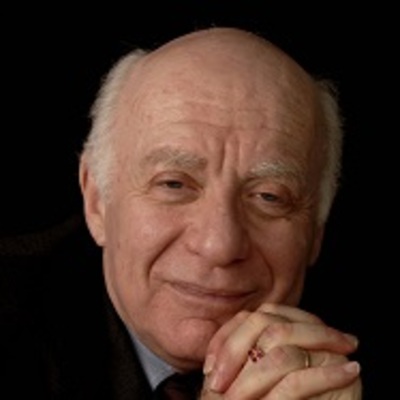Obama Goes Atlantic: Between Vanity and Reflection
How U.S. Presidents focus on shaping their image for posterity.
March 21, 2016
Obama is a man of reflection, at least as concerns his own identity and self-image.
The serial interviews which the sitting U.S. President gave to The Atlantic’s Jeffrey Goldberg were the first try at coming to terms with himself as director of American foreign policy. So he invited Goldberg to join him in an excursion through the Presidential mind – think of a Virgil exploring his own psyche.
Barack Obama gave Goldberg many, many hours of his time. The President allowed the writer to accompany him on international jaunts and accorded him entry to his inner circle.
Goldberg returned the immense favor to the President by concentrating on the supposedly historic error in 2013 of not bombing Syria when Assad allegedly (it remains not conclusively proven) was accused of crossing the notorious “red line” by using sarin gas.
That point is the pivot of the article. It is returned to time after time in positing the hard-line critique of the Obama foreign policy as the one authoritative perspective.
Portraitist of a monarch?
European monarchs, in their era, had court portraitists. U.S. presidents have their Boswells, like Bob Woodward and now Jeffrey Goldberg.
In doing the dance with them, it is very important for leaders to remember that those Boswells are not friends (even though they may very well cast themselves as such).
Those celebrity journalists are on assignment, out to establish themselves as the central arbiter and to gain ever more notoriety.
The purpose of the evolving narrative may seem similar: to immortalize the ruler at the height of his powers. To show a forceful leader mastering a daunting problem with resolve, sobriety and dedication to the interests of his fellow citizens.
This being America, the subject matter has to be one of action and suspense. Bush the Younger seeking retribution for 9/11. Now Barack Obama in a titanic struggle to escape the coils of stifling dogma.
A narrative account that covers a long span of time, though, does have a few drawbacks. It cannot fix the image at a single moment that will last for eternity. However laudatory, the written account is liable to be viewed differently as time goes by.
Even under the best of circumstances, journalistic talents may be available for lease, but they do not come with a money back guarantee, for the currency they deal in is not hard cash but access.
Journalists for lease?
In arranging a deal with Jeffrey Goldberg, the White House was sure to get blockbuster publicity – and, in this case, the chance to set in place the first sketch of Obama’s Presidential record.
Alas, Goldberg’s portrait is not very becoming. Part of the reason is that the chronicler may depict other key persons and things in the drama in ways that are not entirely complimentary to the main protagonist in the drama.
In composing their picture, they enter into many conversations and “vanity deals” with other interviewees, almost all out to cast themselves in the best possible light, no matter the cost to others.
The President thus is the official patron, but the actual commission is loosely written to allow the artist unmonitored access to other members of the court. Their vanities and ambitions are not identical with his. See the quoted remarks of John Kerry and Pentagon officials in the Atlantic article.
Risky business
In the light of the obvious risks, why then does Barack Obama enter into such a pact? Our celebrity culture provides part of the answer. Publicity is what it is all about.
A public figure whose meteoric rise is a testament to star power must be acutely sensitive to the imperative of how vital to success mythic imagery and turns in the limelight are.
The stage lights have the special glow when energized by a graphic account of star performance.
There is also the simple truth that U.S. Presidents want to celebrate themselves. They are the ultimate celebrity in a celebrity culture. They feel proud of what they do and how they do it.
A successful leader must never allow the future to be hostage to history – even yesterday’s history. He must believe that reality is clay in his hands.
There is not just the temptation to bend history as much as possible. There are also are the very practical, material concerns of a post-presidency career to consider, which generally lasts for a period of 30-35 years.
Obama may have felt that it is the very Establishment that has constrained him. But in the peculiar logic of American foreign policy and democracy, it ultimately is from the Establishment’s members that he must seek validation.
This conviction of Obama’s, of course, not only locks him in, but is ultimately self-confirming – as we have observed for seven years.
Takeaways
Obama is a man of reflection, at least as concerns his own identity and self-image.
U.S. Presidents want to celebrate themselves. They are the ultimate celebrity in a celebrity culture.
Goldberg depicts other key persons in the drama in ways not complimentary to the main protagonist.
